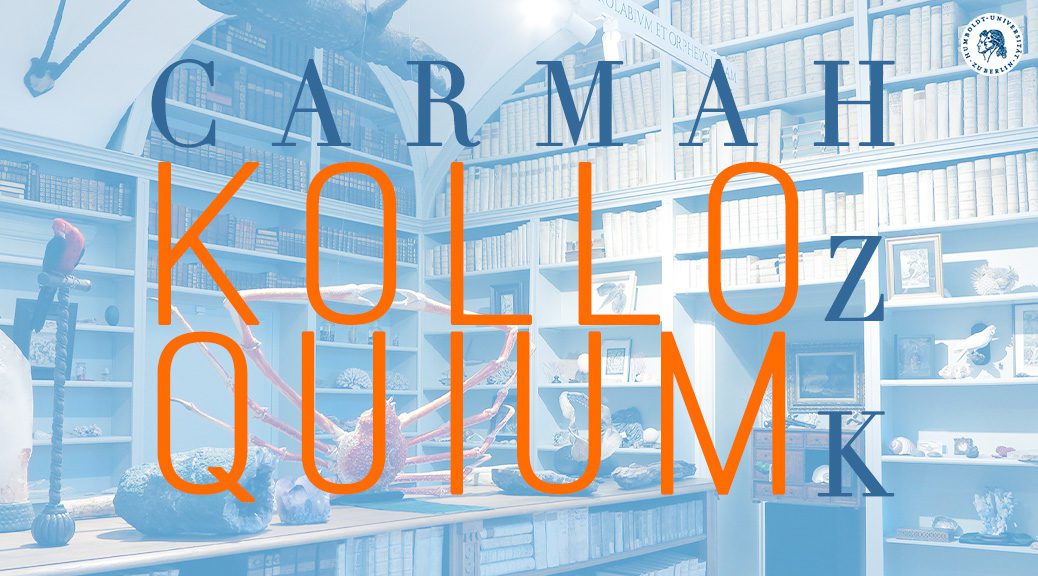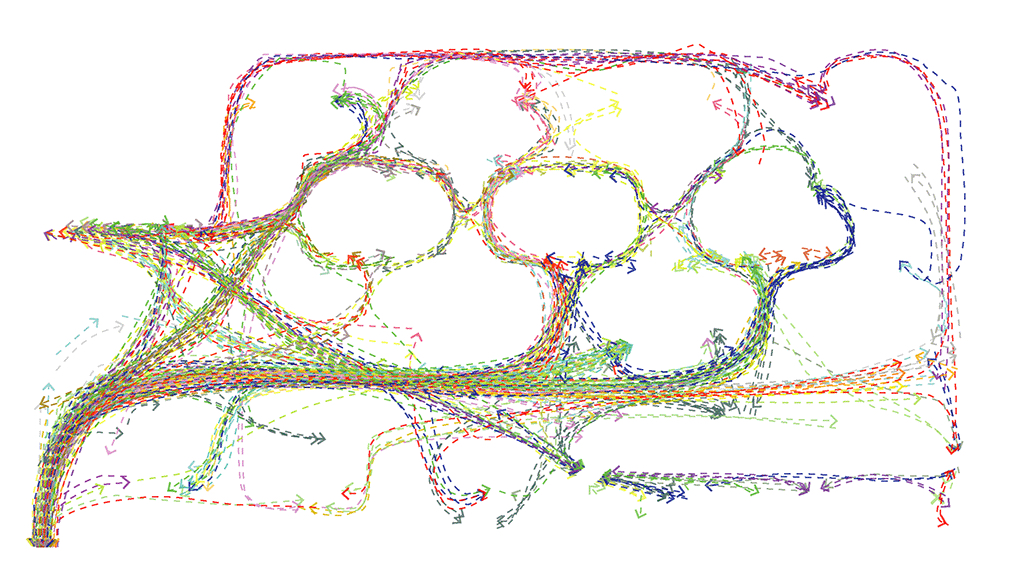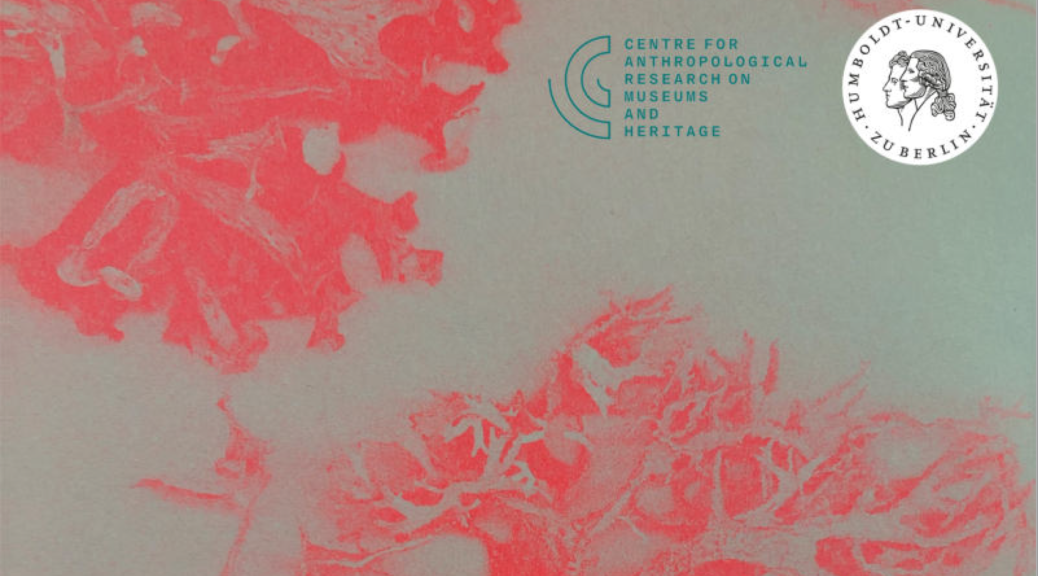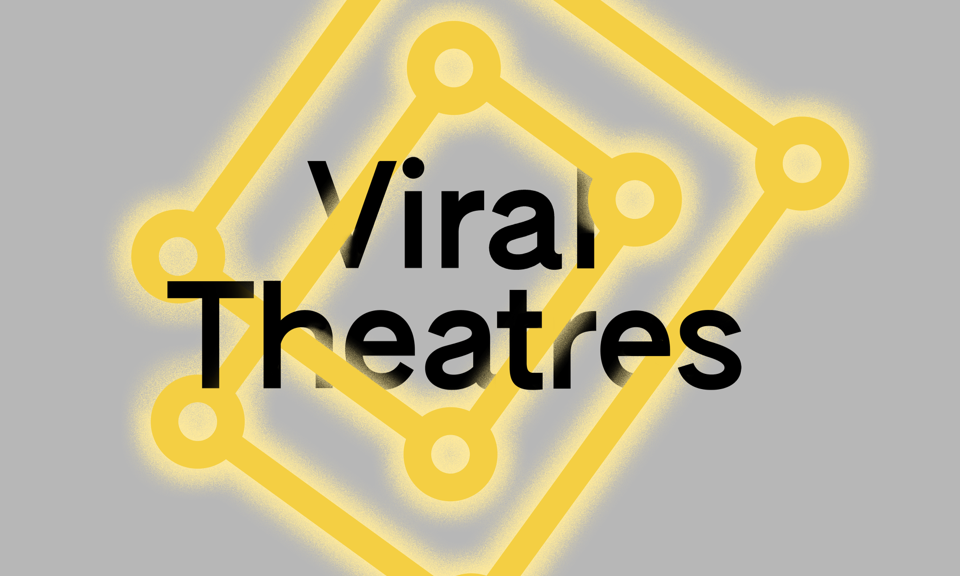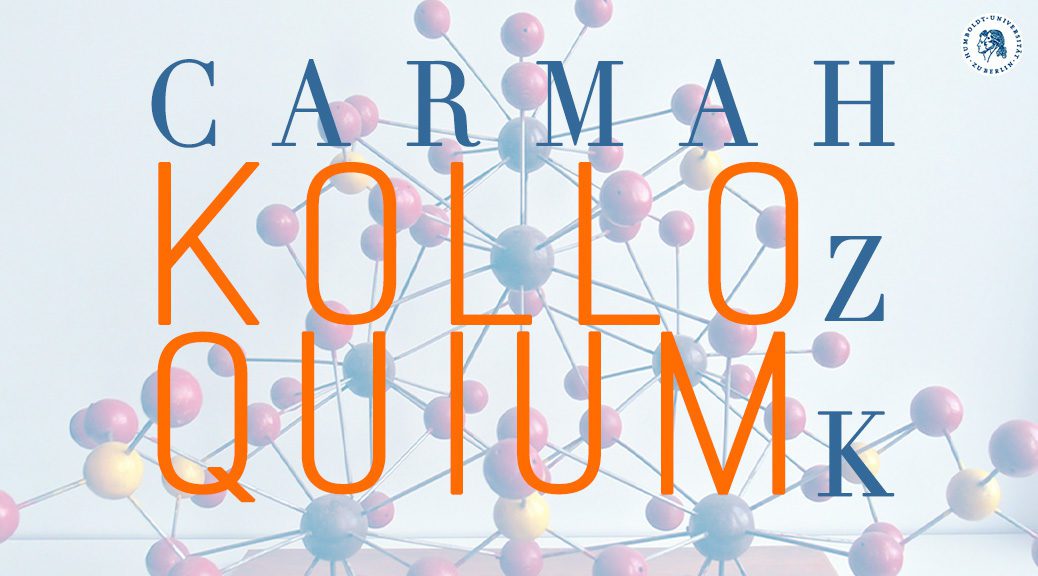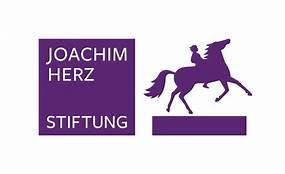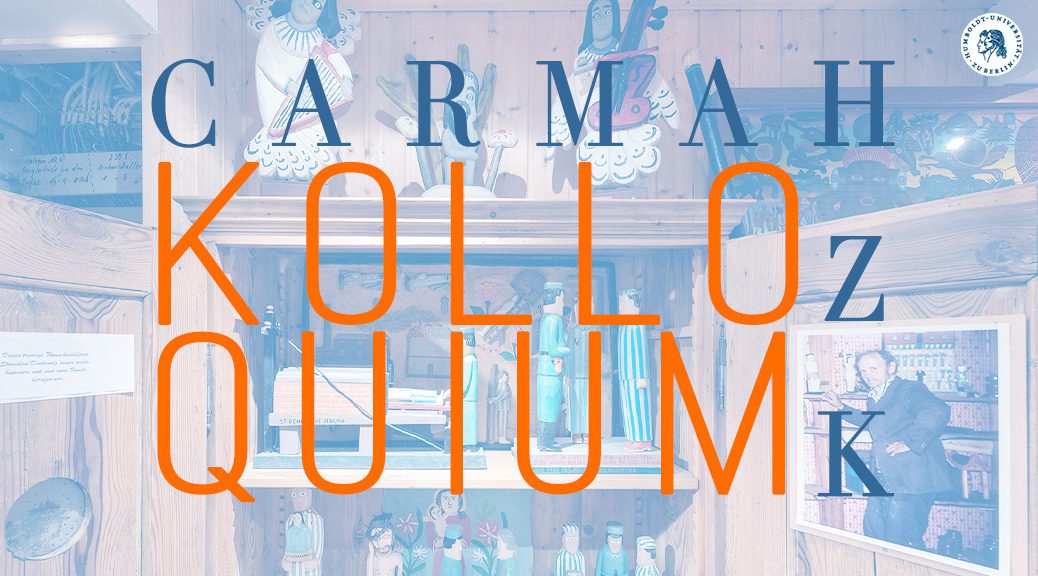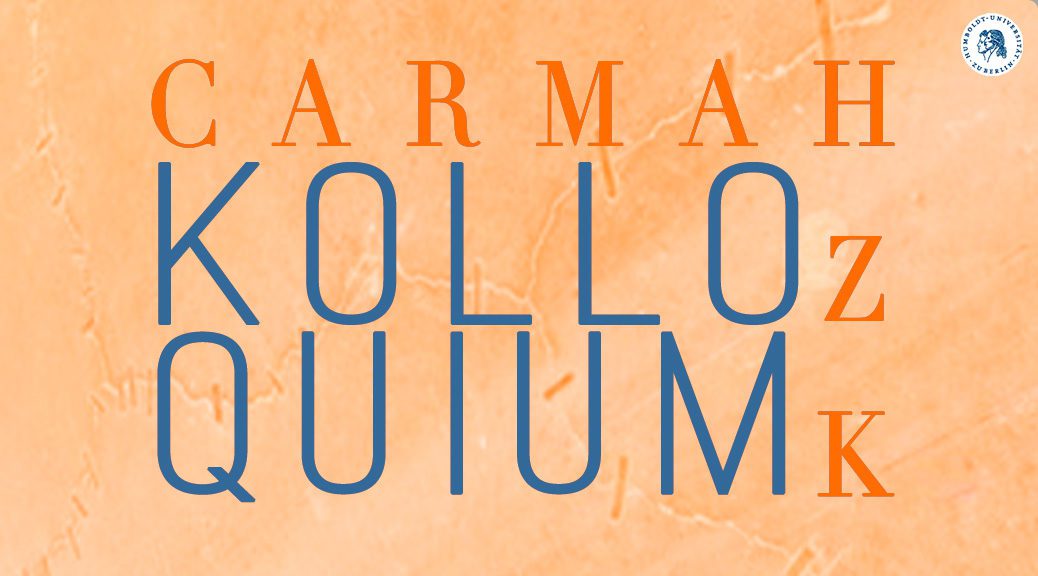The event will take place at the HZK (House 3, Gerlachbau next to the Tieranatomischen Theater TAT, Campus Nord, Philippstraße 13) and virtually (Access data for the video conference will be provided on request by email to oliver.zauzig@hu-berlin.de).
Since the 1990s, collecting practices and associated problems such as contamination and toxicity have increasingly come into focus due to the growing ecological and political relevance of objects and materials. However, little epistemic relevance has been attributed to the toxic remains produced during these transformative processes of differentiation, purification and reevaluation.
The presentation provides insight into the process of an artistic research that deals with this marginality by means of asbestos-contaminated objects of a foundation collection and their handling.
Flavia Caviezel is an ethnologist, film scholar and lecturer at the FHNW – Hochschule für Gestaltung und Kunst Institut Experimentelles Design und Medienkulturen in Basel. The work was produced during a research residency 2021-22 at the Matters of Activity cluster at Humboldt University.
The lecture will be held in German.
